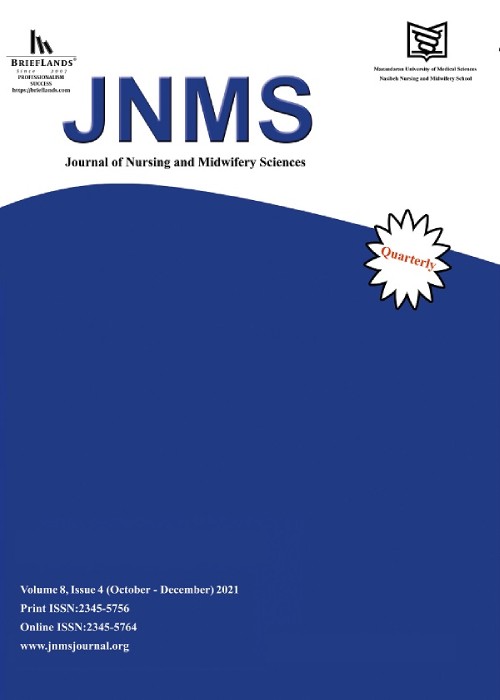Reproductive behavior in carrier couples for transfusion-dependent thalassemia major: evaluation of knowledge, attitude and practice
Author(s):
Abstract:
Background and
Purpose
Despite extensive research on family planning and education, reproductive behavior of high-risk couples for thalassemia remains a major concern among medical professionals. This study aimed to evaluate the knowledge and attitude of carrier couples for transfusion-dependent thalassemia major (TDTM).Methods
This case-control study was conducted 327 carrier couples for thalassemia minor. Contact information of the couples was obtained from three healthcare centers randomly selected from the eastern, central and western parts of Mazandaran province, Iran. To match the socioeconomic status, two control families (right and left neighbors) were interviewed per each carrier couple. Epidemiological characteristics and knowledge of the carrier couples were assessed via 10 and 20 questions, respectively, and scores above 15 were interpreted as adequate knowledge. Moreover, attitude of the subjects was evaluated via 16 items scored based on a four-point Likert scale. Data analysis was performed in SPSS V.16 using Mann-Whitney U test and T-test for the comparison of study groups, and P value of less than 0.05 was considered significant.Results
In total, 327 high-risk couples for minor thalassemia and 660 control families were enrolled in this study. Among the subjects, 32.6% and 22.3% had adequate knowledge about thalassemia. In addition, attitude of the carrier couples was positive in 58% and 41% of the cases. Also, 30.5% and 31.2% of case and control subjects had favorable socioeconomic status, respectively.Conclusion
According to the results of this study, knowledge of carrier couples was adequate with regard to TDTM, and they had a positive attitude toward receiving prenatal diagnosis for this syndrome. However, reproductive practice of high-risk couples was relatively poor. Therefore, it is recommended that reproductive behavior of high-risk couples for TDTM be monitored regularly in order to improve their practice.Keywords:
Language:
English
Published:
Journal of Nursing and Midwifery Sciences, Volume:3 Issue: 1, Jan-Mar 2016
Pages:
66 to 73
magiran.com/p1523710
دانلود و مطالعه متن این مقاله با یکی از روشهای زیر امکان پذیر است:
اشتراک شخصی
با عضویت و پرداخت آنلاین حق اشتراک یکساله به مبلغ 1,390,000ريال میتوانید 70 عنوان مطلب دانلود کنید!
اشتراک سازمانی
به کتابخانه دانشگاه یا محل کار خود پیشنهاد کنید تا اشتراک سازمانی این پایگاه را برای دسترسی نامحدود همه کاربران به متن مطالب تهیه نمایند!
توجه!
- حق عضویت دریافتی صرف حمایت از نشریات عضو و نگهداری، تکمیل و توسعه مگیران میشود.
- پرداخت حق اشتراک و دانلود مقالات اجازه بازنشر آن در سایر رسانههای چاپی و دیجیتال را به کاربر نمیدهد.
In order to view content subscription is required
Personal subscription
Subscribe magiran.com for 70 € euros via PayPal and download 70 articles during a year.
Organization subscription
Please contact us to subscribe your university or library for unlimited access!


